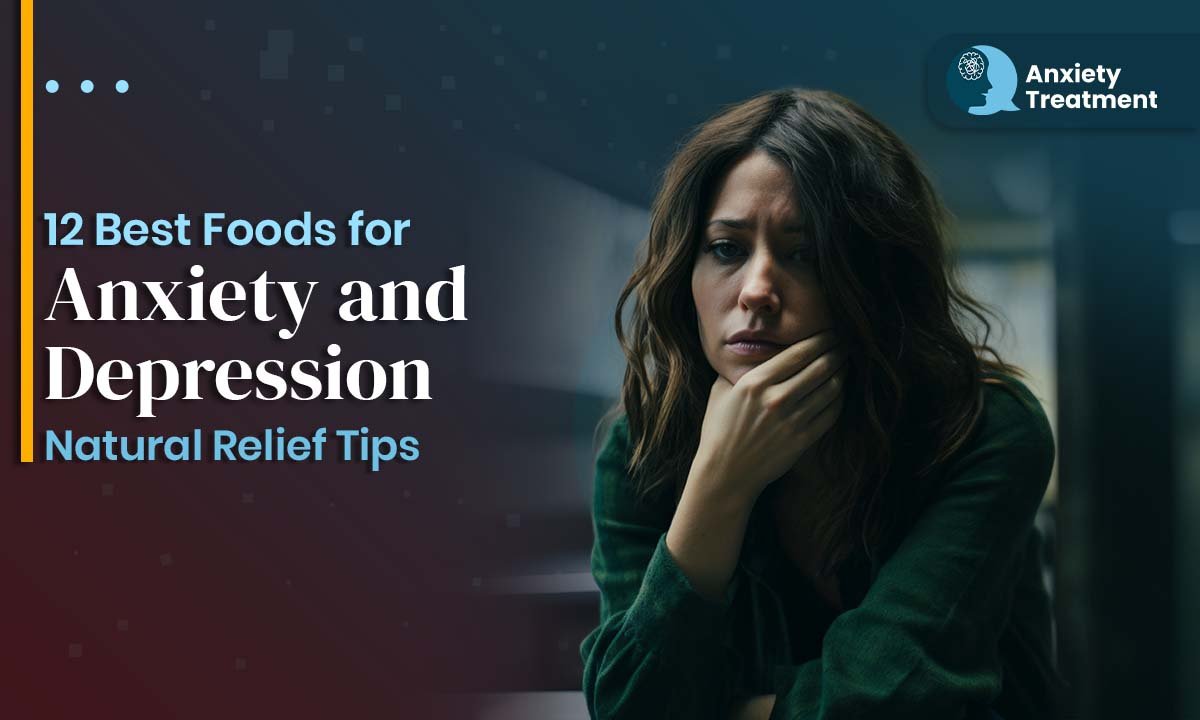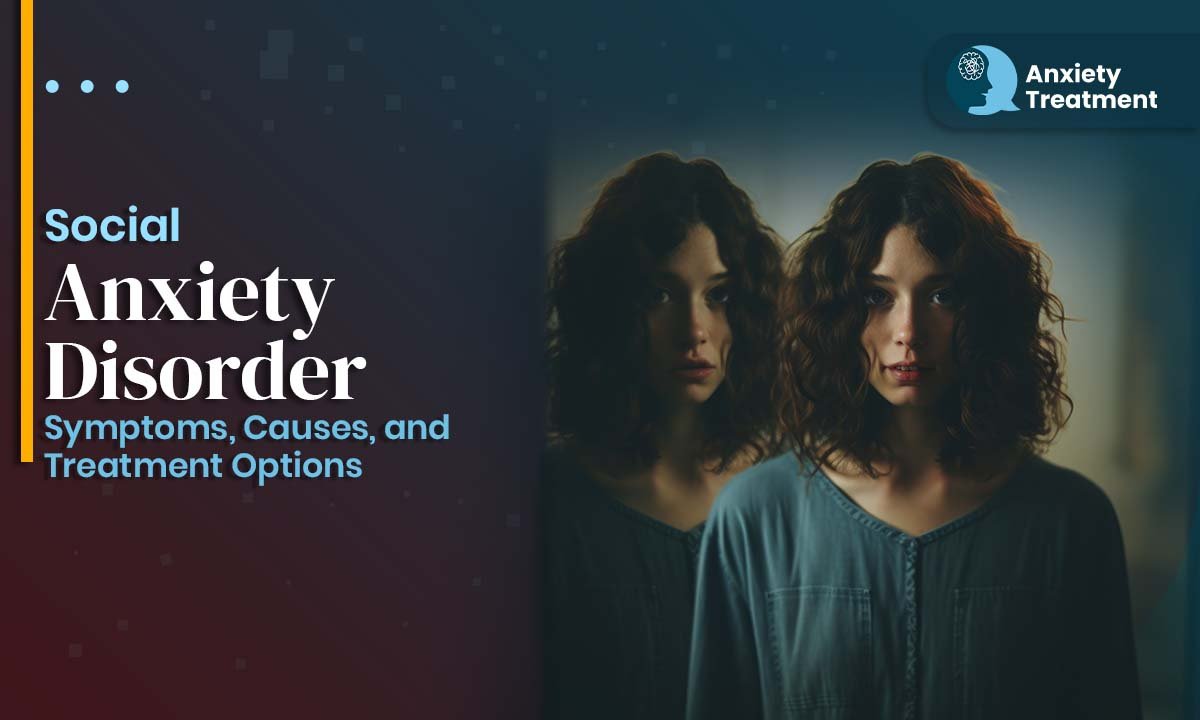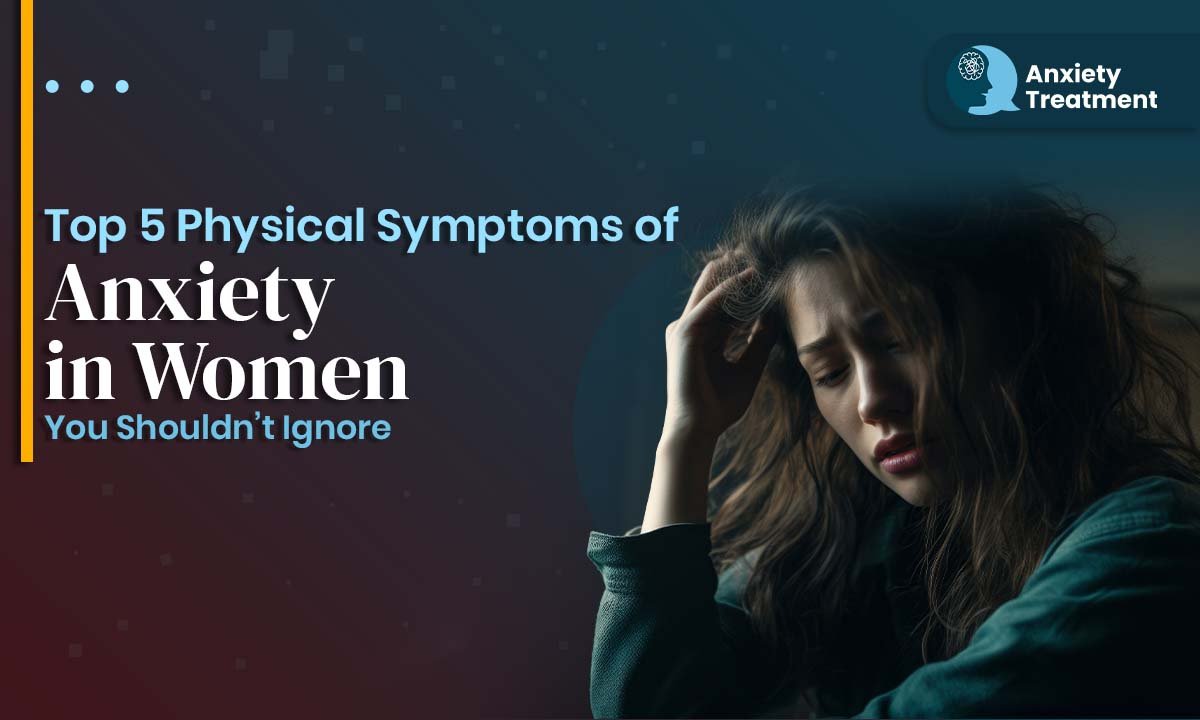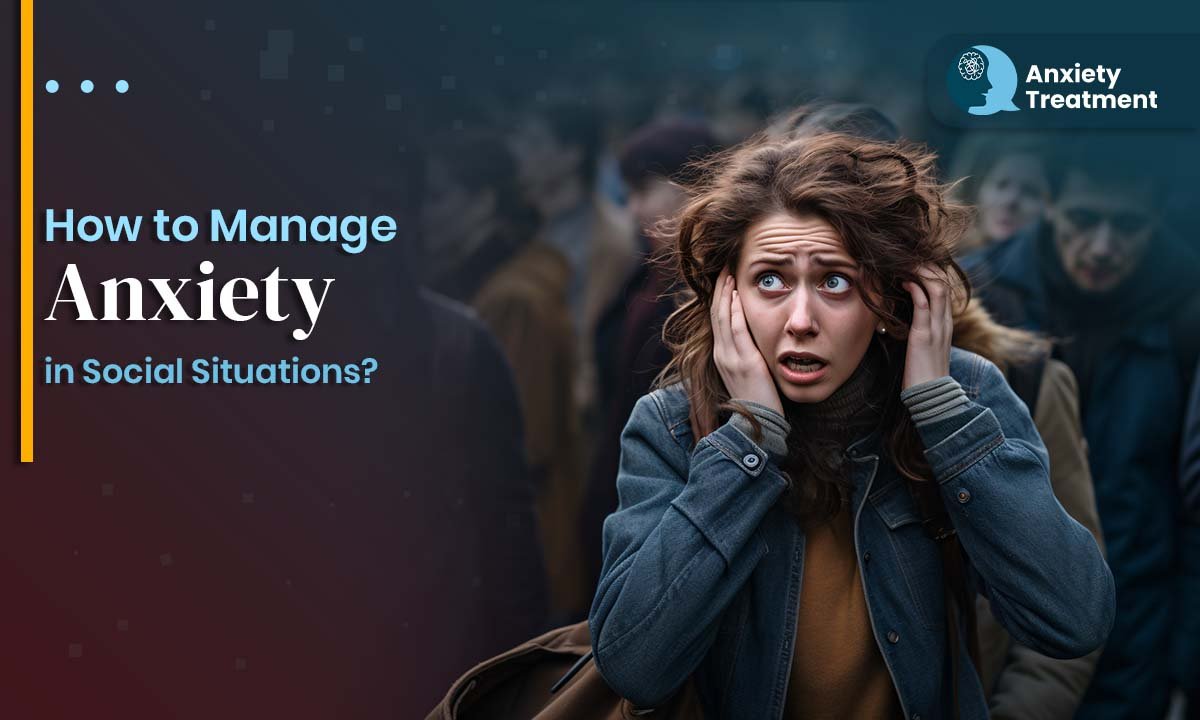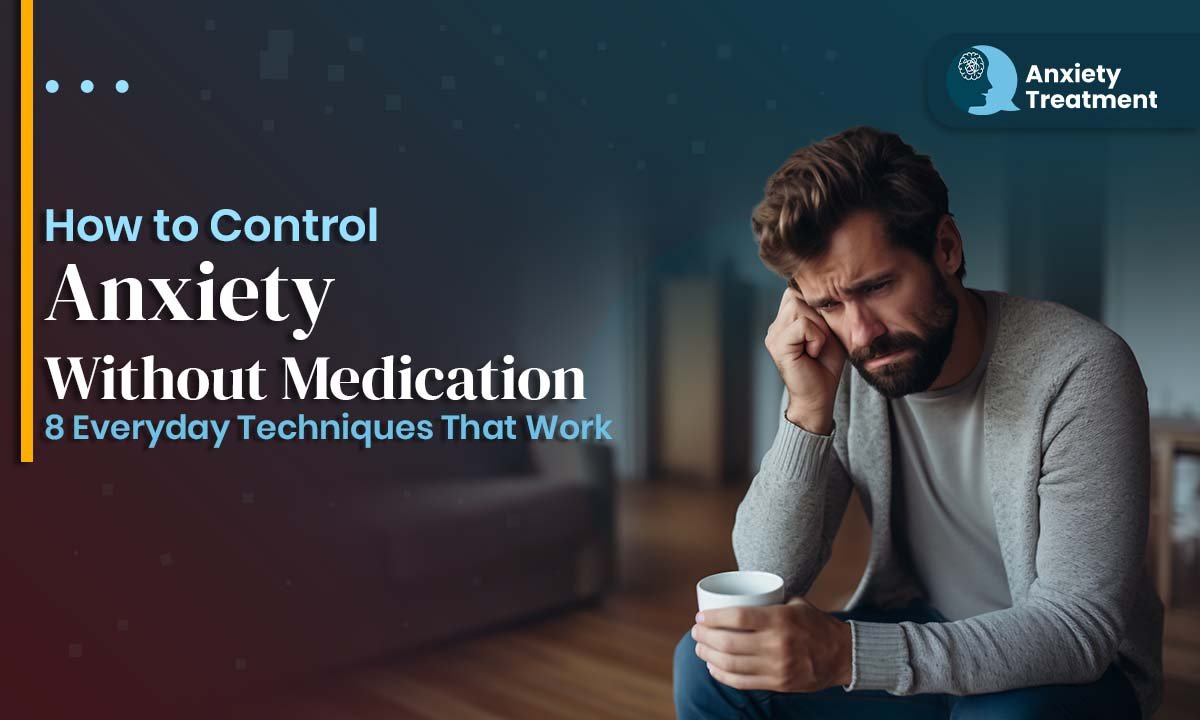The food we consume not only fuels our body but also directly impacts our brain chemistry and emotional state.
In our fast-paced modern lives, mental health issues such as anxiety and depression are becoming more widespread and concerning.
While therapy, exercise, and medication play important roles in treatment, nutrition is often overlooked as a powerful tool in managing mental well-being.
In this blog, we will explore the top 12 mood-boosting foods that can help combat anxiety and depression naturally.
1. Fatty Fish for Reducing Anxiety and Depression Symptoms
These essential fats play a critical role in brain health, reducing inflammation and supporting neurotransmitter function.
Studies have shown that people who consume omega-3s regularly experience fewer symptoms of depression and anxiety.
2. Dark Chocolate for Anxiety and Depression Relief
Dark chocolate is one of the best foods for anxiety and depression, because it boosts serotonin levels - a hormone that plays a vital role in mood regulation, sleep, appetite, and digestion. Not only is dark chocolate delicious, but it's also packed with antioxidants and flavonoids that can help lower stress hormones. Just a small piece a day can provide a healthy mood lift and keeps away vomiting due to anxiety.
3. Leafy Greens to Combat Anxiety and Depression
Leafy greens such as spinach, kale, and Swiss chard are rich in folate, magnesium, and vitamin B-complex. These nutrients are crucial for brain function and have been linked to lower rates of depression.
4. Probiotic-Rich Foods for Anxiety and Depression Support
Gut health significantly influences mental well-being through the gut-brain axis. Consuming probiotic-rich foods like yogurt, kefir, kimchi, and sauerkraut can help support this connection and promote better mental health.
5. Berries for Anxiety and Depression Management
Blueberries, strawberries, and raspberries are loaded with antioxidants that combat oxidative stress—a major contributor to mental health issues.
In addition to enhancing mood, these nutrient-rich, mood-boosting foods also play a significant role in reducing inflammation throughout the body and supporting overall cognitive function.
6. Whole Grains to Stabilize Mood in Anxiety and Depression
They help regulate blood sugar levels and increase the production of serotonin, the brain’s natural "feel-good" chemical.
Whole grains are among the best foods for anxiety and depression due to their stabilizing effect on mood.
7. Avocados for Emotional Stability in Anxiety and Depression
Avocados are an excellent source of healthy monounsaturated fats and B vitamins, both of which are essential for the production and regulation of neurotransmitters like serotonin and dopamine key chemicals that influence mood and emotional stability.
Regular consumption of avocados may help improve cognitive function, reduce mental fatigue, and promote a more balanced emotional state.
8. Nuts and Seeds to Ease Anxiety and Depression
Almonds, walnuts, flaxseeds, and chia seeds are packed with magnesium, zinc, and omega-3s. These nutrients support restful sleep, lower stress levels, and enhance overall brain function.Including these foods that help with depression in your daily diet can make a noticeable difference.
9. Bananas for Instant Mood Boost in Anxiety and Depression
They also offer vitamin B6 and potassium, which support overall mental well-being. Quick and easy to eat, bananas are great mood-boosting foods on the go.
10. Eggs for Mental Clarity in Anxiety and Depression
Eggs are a natural source of vitamin D, a vital nutrient that contributes to maintaining a stable mood and mental health.They also provide protein, choline, and B vitamins that support brain health.
Eggs are versatile and one of the foods that help with anxiety and mental fatigue.
11. Green Tea to Soothe Anxiety and Depression
Green tea contains the amino acid L-theanine, which promotes relaxation and reduces stress without causing drowsiness. Its antioxidant content also supports brain function, making it a great drink choice to accompany your mood-boosting foods.
12. Turmeric for Inflammation and Depression Relief
Turmeric is known for its anti-inflammatory properties due to curcumin has been shown to improve mood and reduce symptoms of depression by increasing dopamine and serotonin levels.Adding turmeric to your meals can support both mental and physical health.
Start Your Healing Journey Today : If you're feeling overwhelmed by the weight of anxiety, depression, or constant negative thoughts, please know that you're not alone—and you don’t have to navigate this path by yourself. Taking the first step toward healing might feel difficult, but it’s also the most powerful one you can take.
At Athena Behavioral Health, we understand how deeply mental health challenges can affect every aspect of your life—from your relationships and work to your sense of self.
That’s why our team of compassionate professionals is committed to walking beside you every step of the way, offering personalized support, evidence-based care, and a safe, judgment-free space where you can truly begin to heal.

